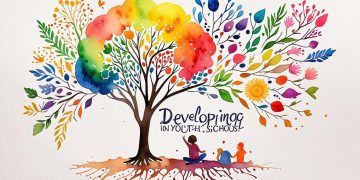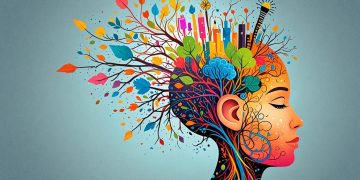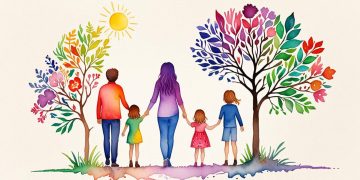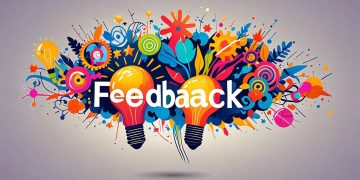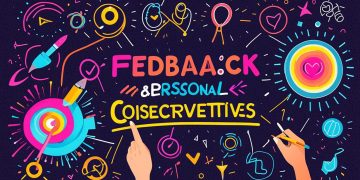In navigating career transitions, developing resilience is crucial for adults. By cultivating a growth mindset through continuous learning, networking, self-assessment, and mindfulness practices, individuals can embrace challenges, enhance adaptability, and thrive amidst change. These strategies not only support personal development but foster community resilience and collaboration.

